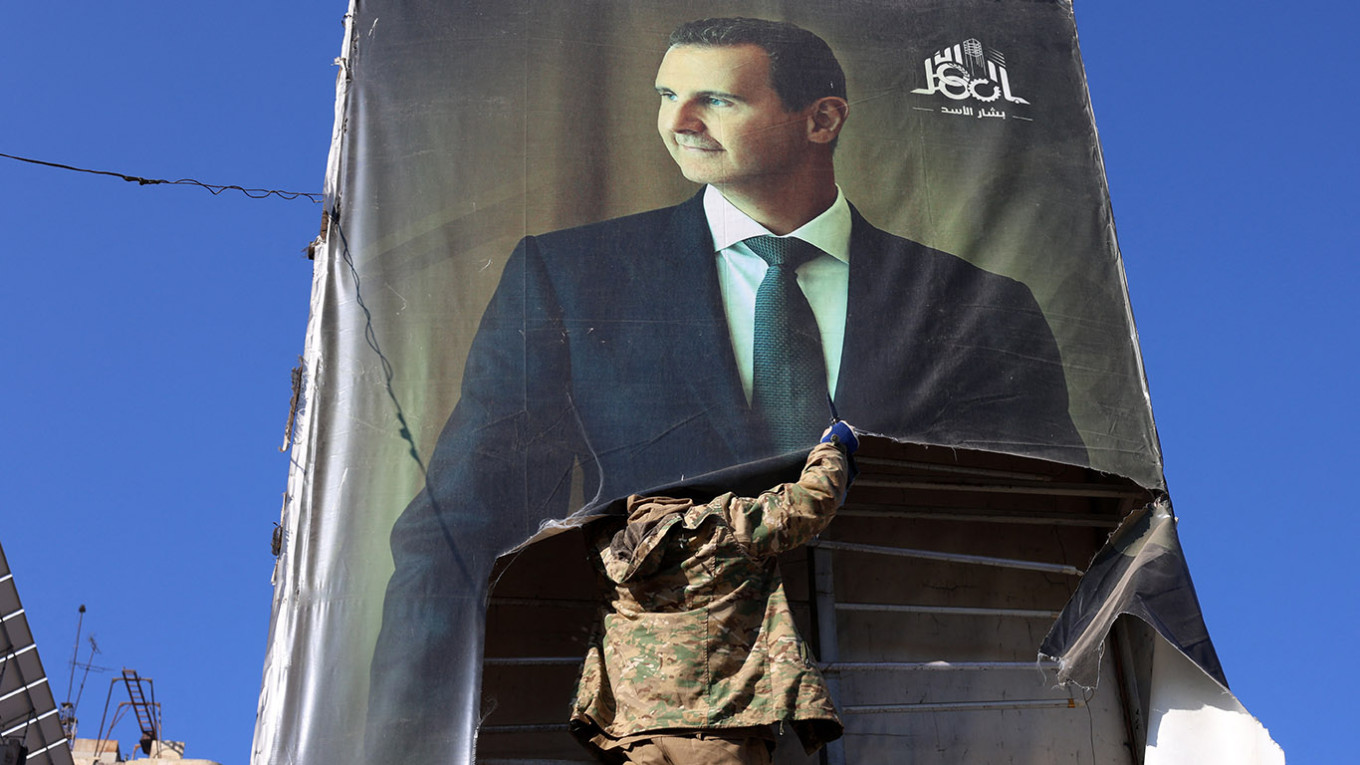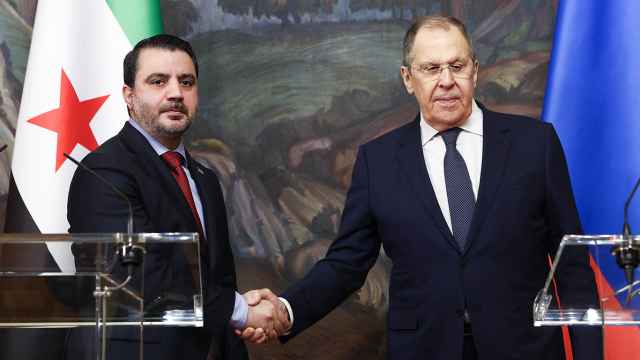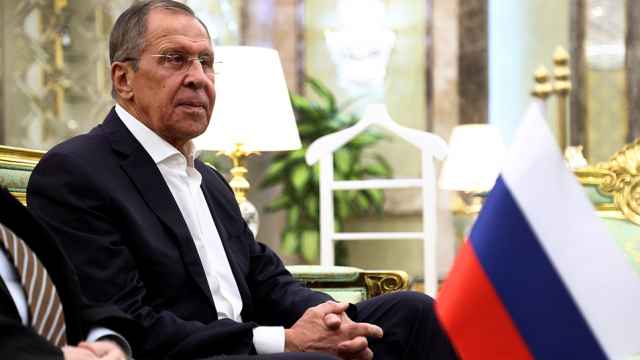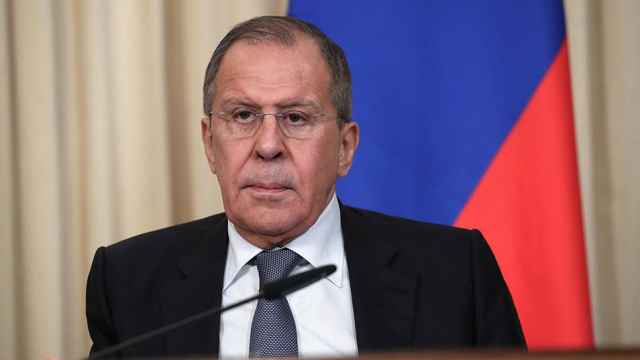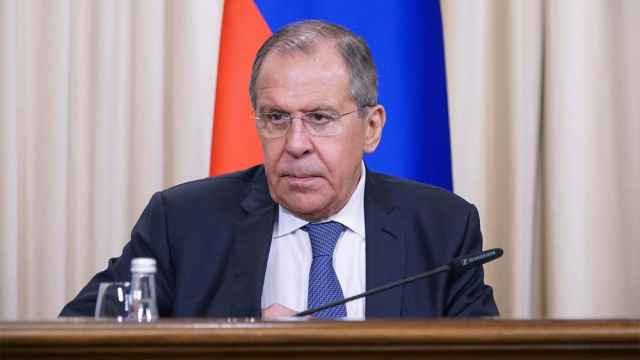Russian Foreign Minister Sergei Lavrov spearheaded efforts to ensure former Syrian President Bashar al-Assad’s safe escape from Syria as Damascus fell to Islamist rebels, Reuters reported Friday, citing anonymous Russian, regional and Western security sources.
Lavrov was said to have held talks with Turkey and Qatar in Doha over the weekend, leveraging their unofficial connections to rebel groups to facilitate Assad’s departure.
Russia then coordinated with neighboring countries to ensure a Russian plane carrying Assad would not be intercepted or targeted as it left Syrian airspace, Reuters added.
Lavrov did “whatever he could” to guarantee Assad’s safe exit, a Western security source told the news agency.
Assad flew to Russia’s Hmeimim air base on Sunday with his plane’s transponder switched off to avoid detection, Reuters said. From there, he traveled to Moscow, where his wife, Asma, and their three children were waiting.
Russia, widely credited with saving Assad’s regime during its 2015 military intervention, was unwilling to abandon Assad entirely but refused to intervene militarily this time, according to a Russian diplomatic source.
Kremlin spokesman Dmitry Peskov said earlier this week that Russia’s focus was now on its war in Ukraine, which is nearing its third anniversary.
Assad’s appeals for further military support “fell on deaf ears” during his visit to Moscow on Nov. 28, Reuters reported. Hours before fleeing, Assad reportedly assured about 30 army and security chiefs at a Syrian Defense Ministry meeting that Russian reinforcements were en route.
“He was lying to them,” exiled Syrian opposition leader Hadi al-Bahra claimed, citing a source within Assad’s inner circle and a regional official.
Russian intelligence agents reportedly organized Assad’s escape after persuading him that he could not win the fight against the rebels.
Bloomberg, citing anonymous sources, reported Thursday that Moscow offered Assad safe passage “if he left immediately.”
A Message from The Moscow Times:
Dear readers,
We are facing unprecedented challenges. Russia's Prosecutor General's Office has designated The Moscow Times as an "undesirable" organization, criminalizing our work and putting our staff at risk of prosecution. This follows our earlier unjust labeling as a "foreign agent."
These actions are direct attempts to silence independent journalism in Russia. The authorities claim our work "discredits the decisions of the Russian leadership." We see things differently: we strive to provide accurate, unbiased reporting on Russia.
We, the journalists of The Moscow Times, refuse to be silenced. But to continue our work, we need your help.
Your support, no matter how small, makes a world of difference. If you can, please support us monthly starting from just $2. It's quick to set up, and every contribution makes a significant impact.
By supporting The Moscow Times, you're defending open, independent journalism in the face of repression. Thank you for standing with us.
Remind me later.


